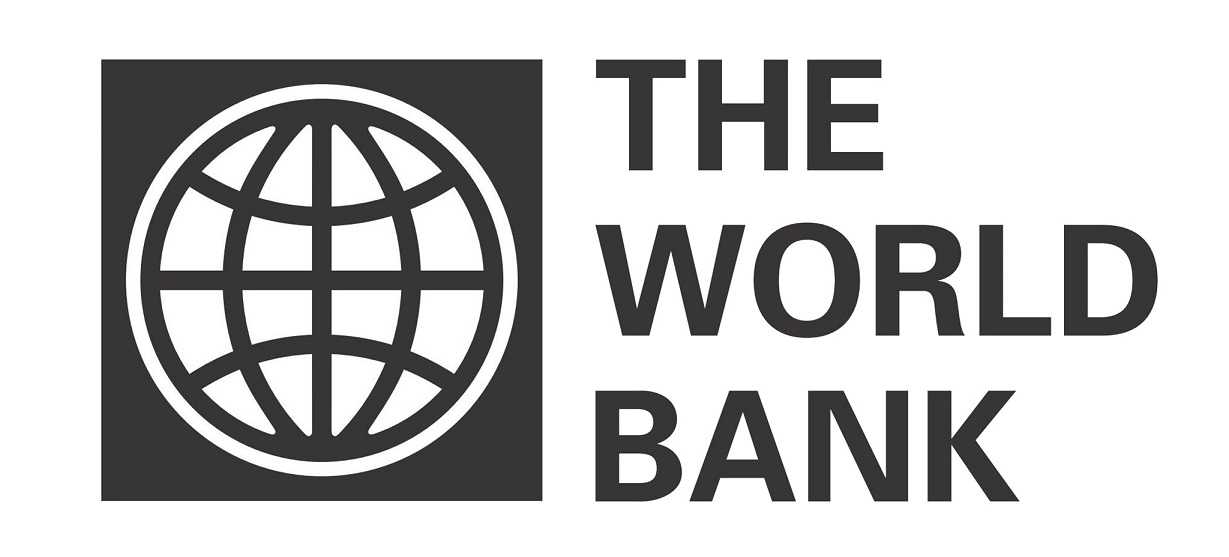The World Bank’s Board of Executive Directors approved $315 million in two credits for Vietnam to support the government’s agriculture restructuring plan and help with the revision of a new education curriculum.
One credit of $238 million will finance the Sustainable Agriculture Transformation Project, which will directly benefit up to 200,000 rice-producing households of about 1 million people in the Mekong Delta, and 50,000 coffee-producing households of about 250,000 people in the Central Highlands.
“The project supports the government’s efforts to reform the agriculture sector, especially in the two important sub-sectors of rice and coffee,” said Chris Jackson, the World Bank’s Lead Rural Development Specialist and team leader for the project. “Vietnam is now a major global exporter of rice and coffee. Yet the preoccupation with volume targets has resulted in the extensive use of unsustainable practices and high-volume but low-value exports. Sustained agricultural growth will require structural changes in the pattern of production and organization of the supply chain to benefit small-holder rice and coffee farmers, which is the main goal of this project.”
The project will assist rice farmers in the Mekong Delta provinces of Kien Giang, An Giang, Hua Giang, Tien Giang, Can Tho, Soc Trang, Dong Thap, and Long An to adopt improved on-farm practices and improve basic production and processing infrastructure for producing high-quality rice by linking them to agribusinesses. The project also will support sustainable coffee production and rejuvenation in the five major Robusta coffee-producing provinces of Lam Dong, Dak Lak, Dak Nong, Gia Lai and Kon Tum provinces.
A second credit of $77 million will finance the Renovation of General Education Project to raise student learning outcomes by providing assistance to help update and implement a new competency-based curriculum for primary, lower-secondary, and upper-secondary students. The project also will improve the effectiveness of instruction by creating and disseminating textbooks aligned with the revised curriculum and improve the assessment system
“The growth in demand for education and training reflects both traditional values and the concern in Vietnamese households that children acquire the new skills needed to succeed in a knowledge-based economy,” said Michael F. Crawford, the World Bank’s Lead Education Specialist and the project team leader. “The new, improved curriculum developed with the help of the project will enable Vietnamese schools to produce better-educated graduates who can meet the rising skill demands of 21st century employment.”
The two credits are provided by the International Development Association (IDA), the World Bank Group’s fund for the poorest countries.















